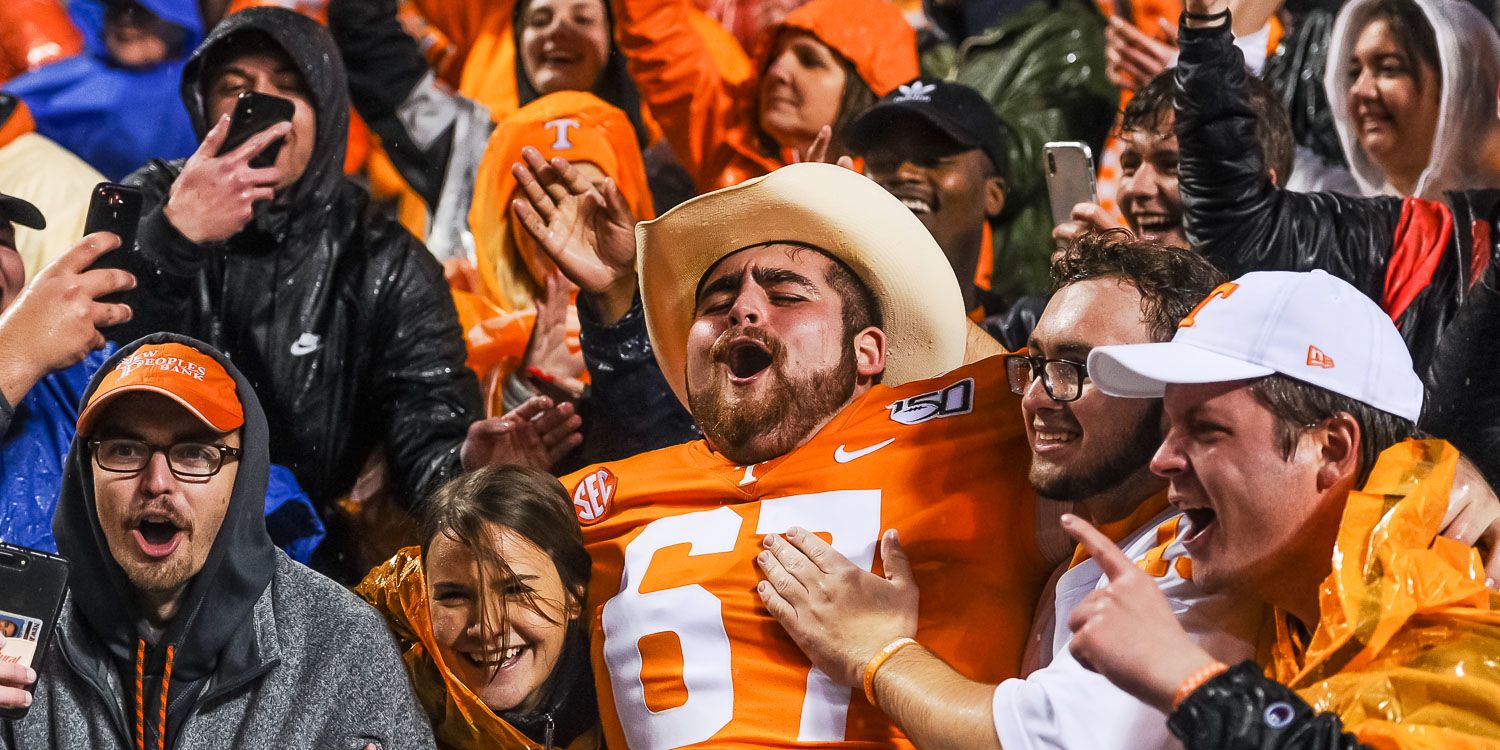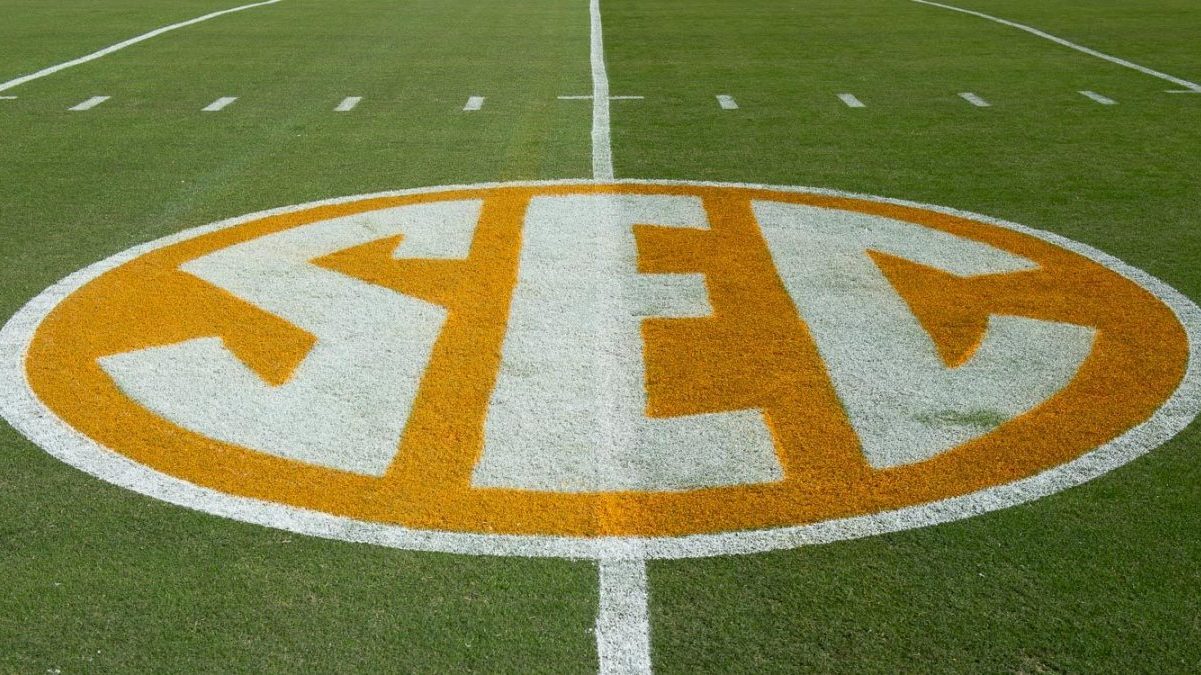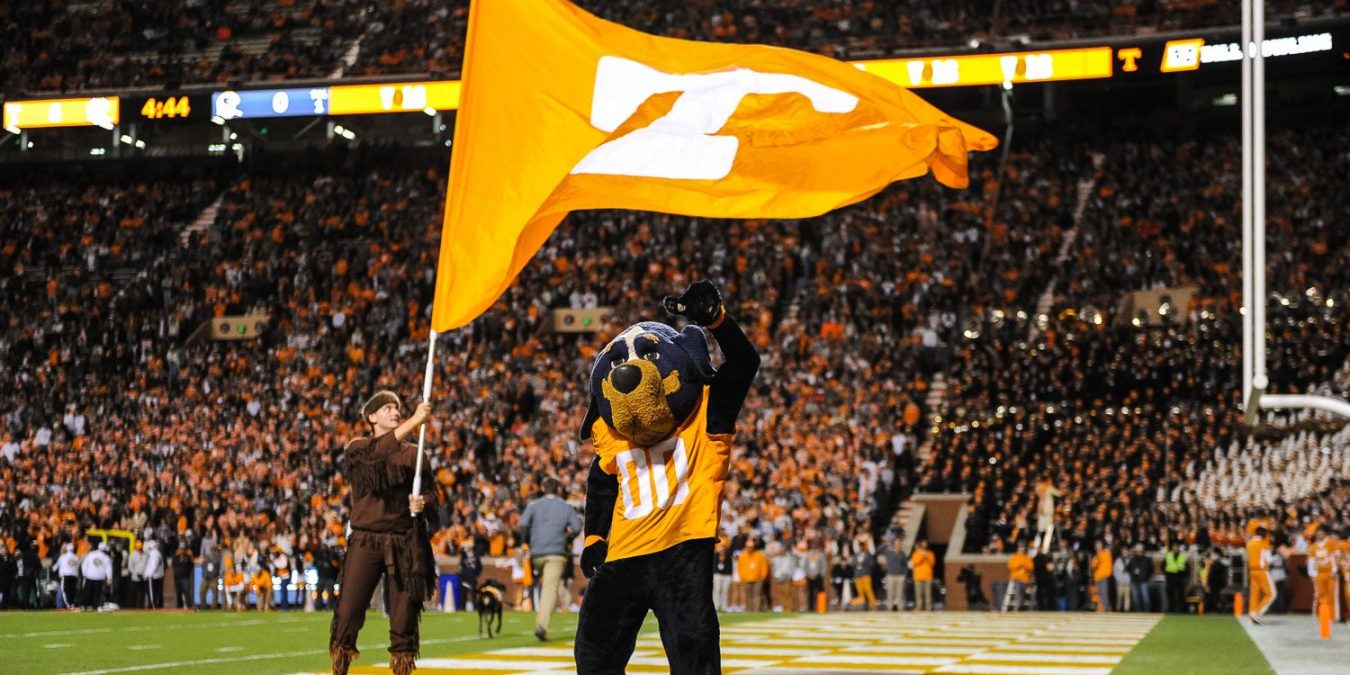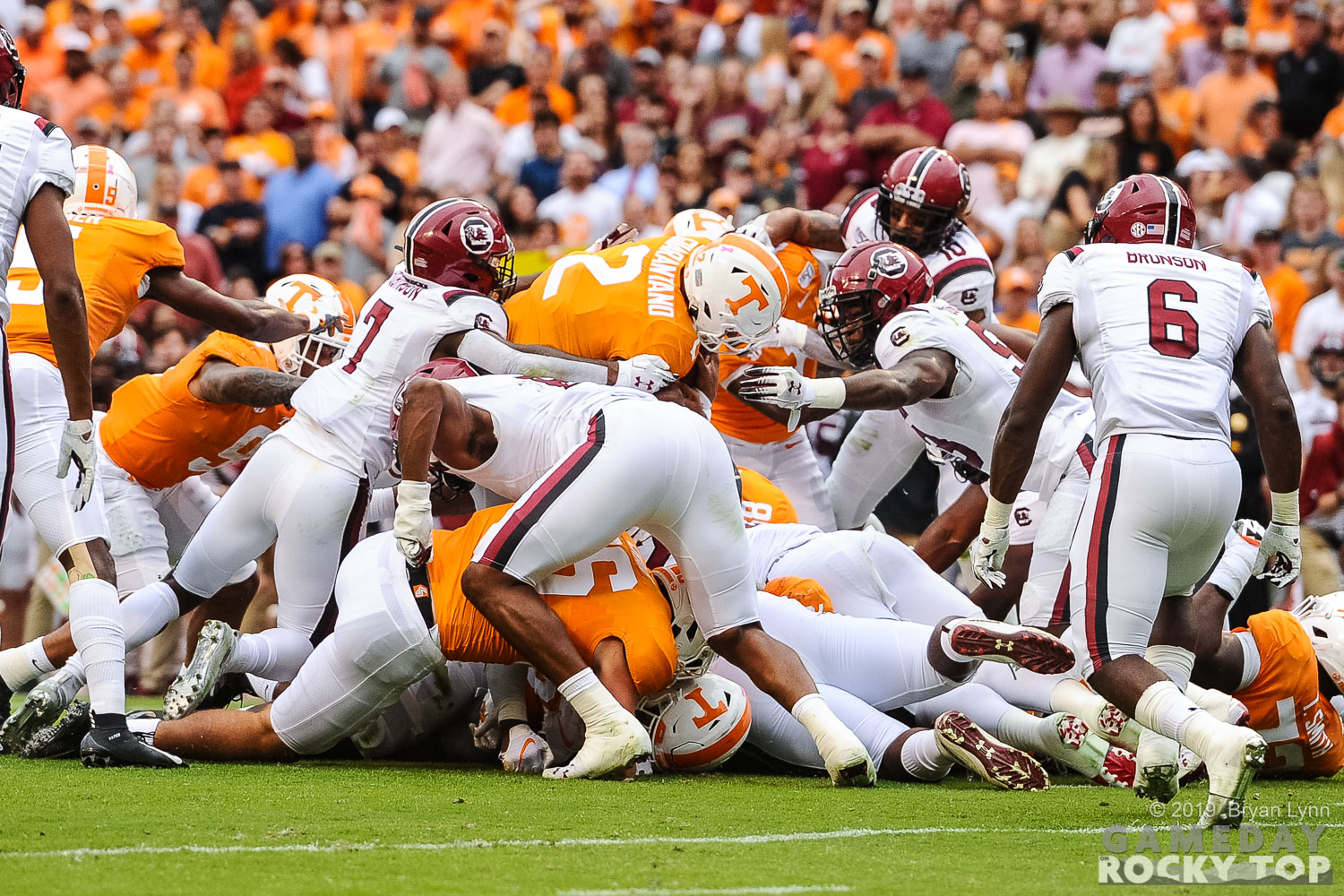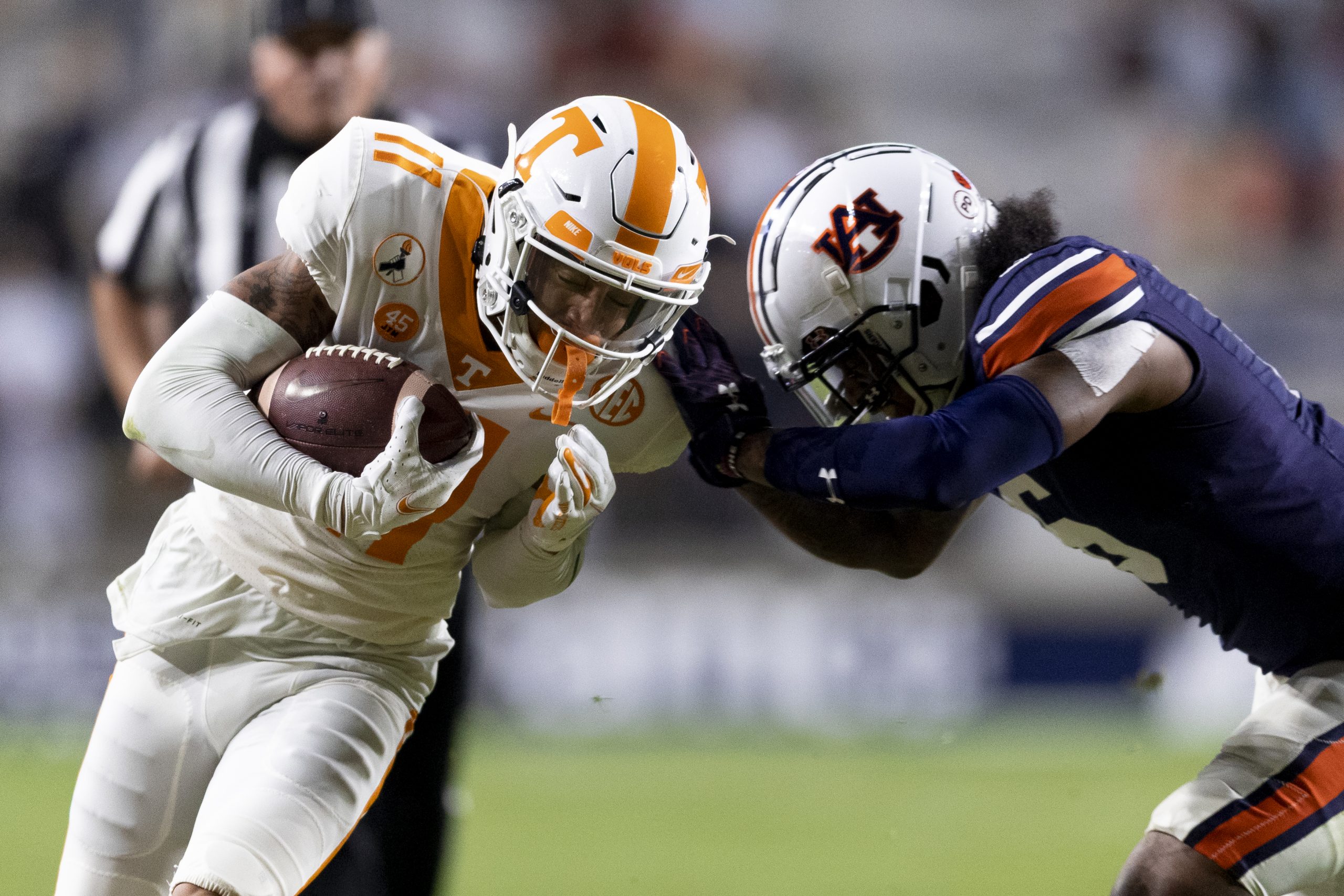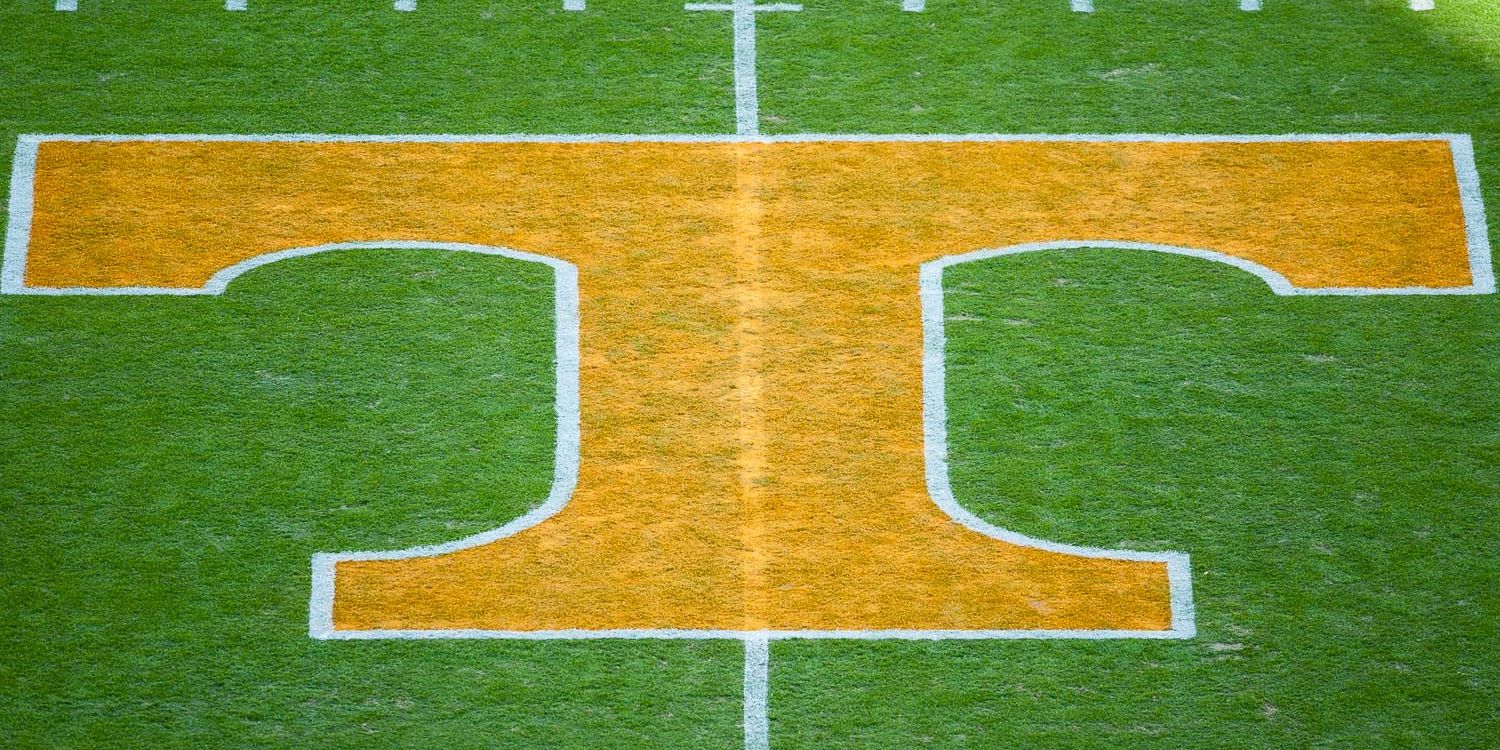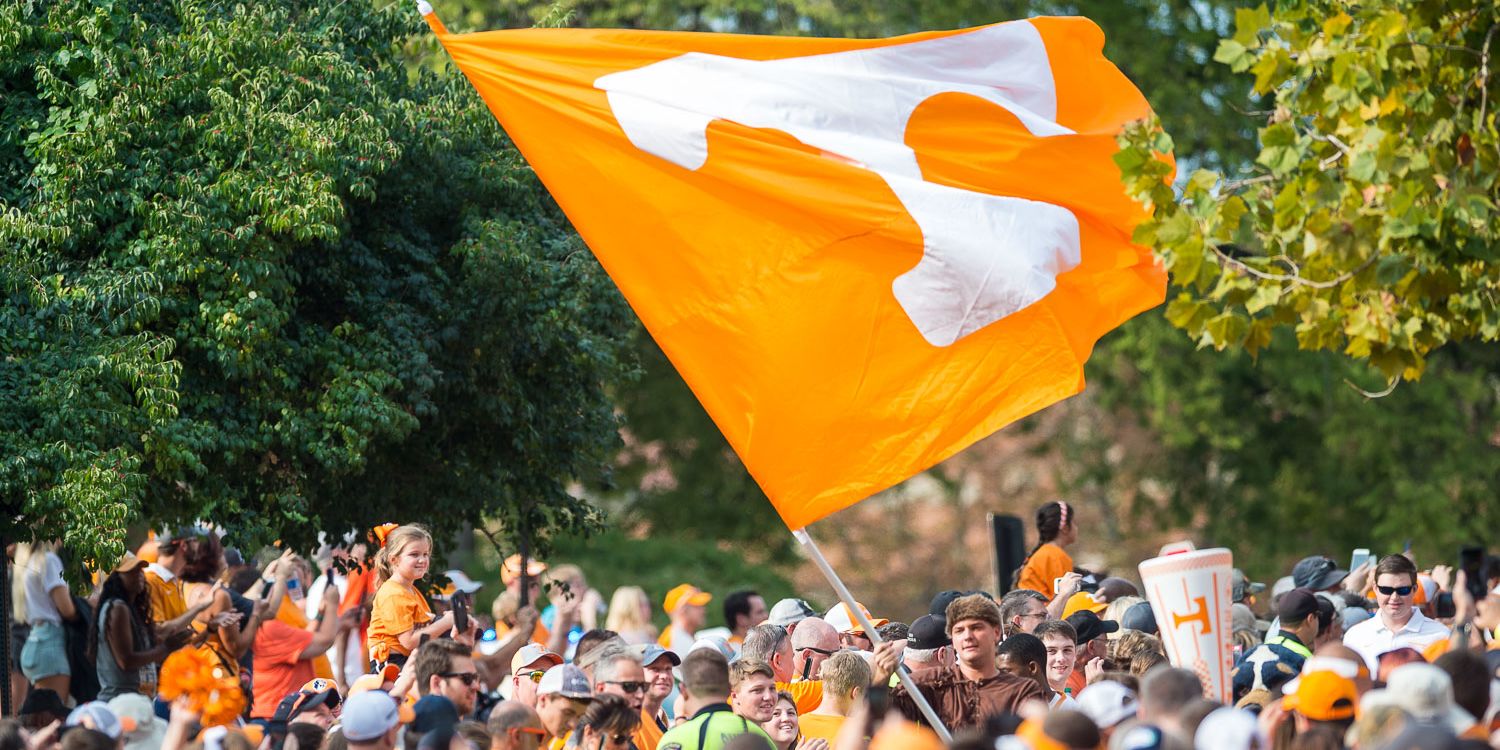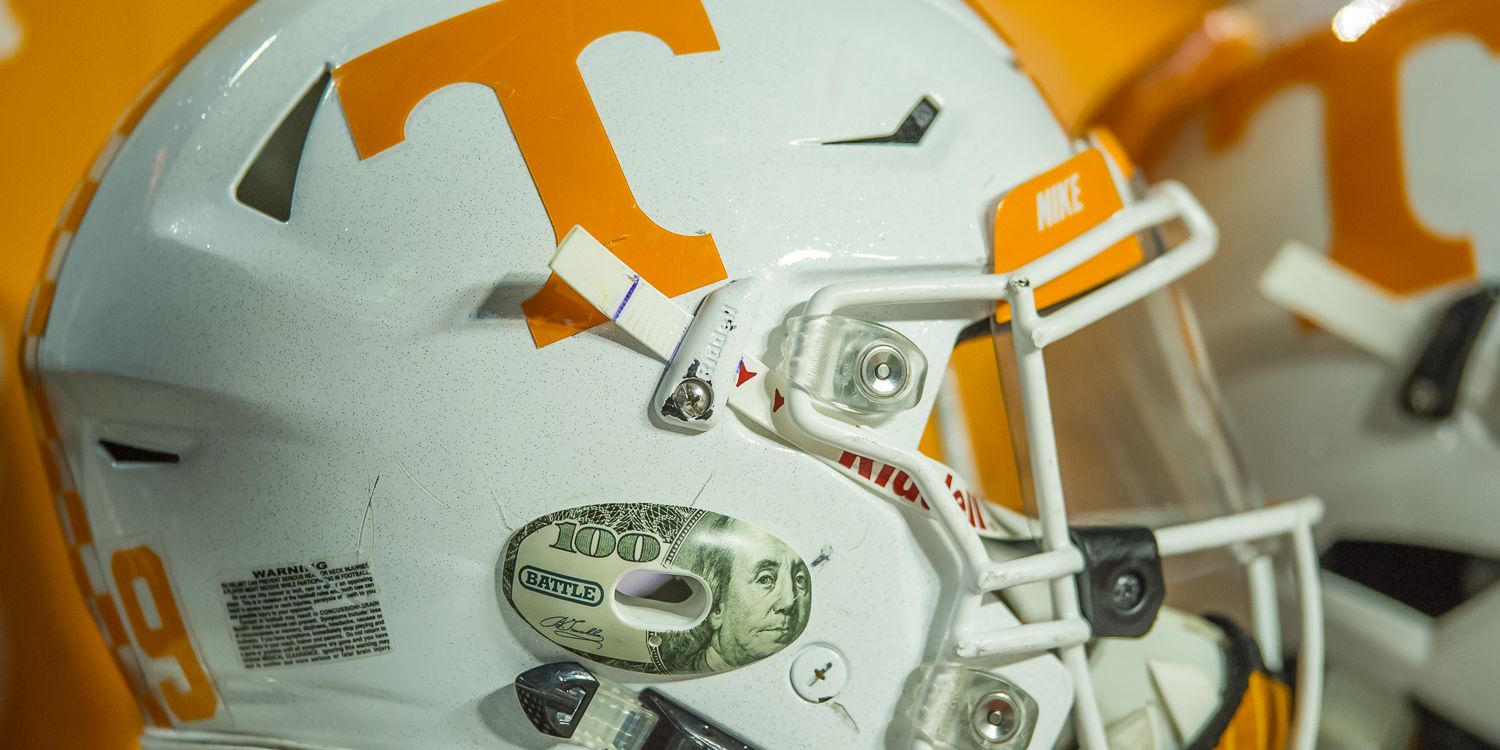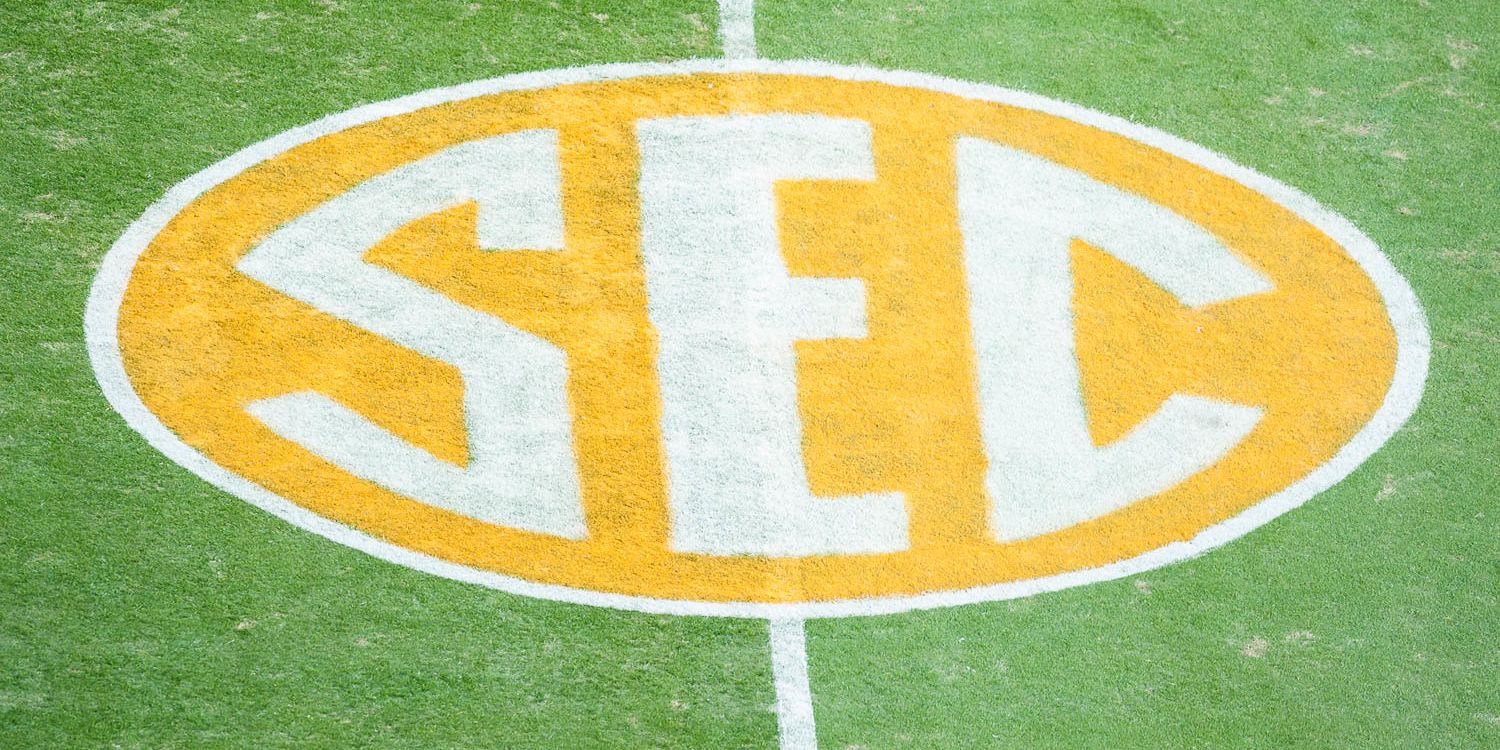In 2011, Tennessee went to #8 Arkansas as a 15-point underdog. Tyler Bray had a broken thumb, Derek Dooley had burned Justin Worley’s redshirt, and the Vols hadn’t scored more than seven points in their last three SEC contests. I went to the game to visit friends, plans made months before the season began, but still…you tell yourself, or at least I did, that you want to be there when it starts going the other way. When it starts going right.
It did not. The Vols lost 49-7, giving up a punt return in the process that still graces my Twitter feed two or three times a year. What I told myself after it was over was that maybe there was some historical value in being there when things were at their worst: we knew Bray would be back soon, Justin Hunter would be back the following year, surely this was the bottom.
That was ten years ago, the Vols turning a +15 line into a 42-point loss, a performance 27 points worse than the Vegas expectation. And by that metric, that 49-7 loss in Fayetteville barely cracks the top five worst such losses of the post-Fulmer era.
These are the bad surprises, and as you’ll see, they correlate directly to a rise in your blood pressure. They’re the ones that make you question everything, no matter what year the coach is in, and want a fresh start.
On the other hand, the good surprises – though certainly fewer in these last dozen seasons – provide that breath of fresh air, crisp and cool.
How many of each will we see in Josh Heupel’s first season?
One of the great lessons of this exercise, of course, is that Vegas often has a hard time getting the right read on year one. I used the closing lines from covers.com in looking back at past seasons. For example, Lane Kiffin’s 2009 Vols were above or below the Vegas line by at least 12 points seven times, and off by 18.5 or more points four times. Dooley’s Vols were above or below the closing line by at least 11 points seven times the following year. He and Butch Jones ran into a strength of schedule problem in year one, with Jones in particular getting lines against Oregon, Missouri, and Auburn that just couldn’t be high enough.
And, as you’ll see, no one was harder to predict than Jeremy Pruitt’s Vols in 2018, who went above or below the Vegas line by 20+ points five different times.
So yeah: teams can be streaky, Vegas doesn’t have a feel, etc. But a lot of it is the when of it all: did your team vastly underperform in September, or in November?
And consider how valuable some of these games were in sparking hope early, even if ultimately unrealized, in the last 12 years.
Here are the five best and worst Tennessee performances relative to the closing line in the post-Fulmer era.
Five Worst Surprises
5. 2011 Arkansas: Vols +15, lost 49-7, off by 27
As mentioned, turns out it could get worse than this.
4. 2018 Missouri: Vols +5.5, lost 50-17, off by 27.5
In hindsight, a ginormous red flag: seven days after beating Kentucky fairly easily, Jarrett Guarantano got knocked out of the game early. Josh Heupel was at Central Florida, but Drew Lock – and Derek Dooley – were still around at Mizzou. Pruitt’s first team needed one win to get bowl eligible, and instead ate a 50-17 beat down from Missouri, which didn’t feel like doom and gloom at the time…but then underperformed the Vegas line by 21.5 the following week at Vanderbilt. Again, if you’re going to go this route in year one, try to take it in September instead.
3. 2017 Georgia: Vols +10, lost 41-0, off by 31
A clear cut, “Well, this is over now,” moment for Butch Jones and Tennessee on the national stage. And as it turned out, a hard turn toward the off-ramp for Jones and Tennessee period. Some good feelings from 2015 and 2016 (and the final snap loss at Florida) could still be hoped for leading up to kickoff, but not after.
2. 2019 Georgia State: Vols -24.5, lost 38-30, off by 32.5
The 2019 Vols did a good job making us forget about this game by January. But the fullness of Jeremy Pruitt’s tenure will make sure we remember it, along with…
1. 2020 Kentucky: Vols -6.5, lost 34-7, off by 33.5
Turns out this one felt about as bad as it should have. In the context of that Arkansas game ten years ago, by this metric not only do you have four worse performances in the ten years since, but four worse performances in the last four seasons, with by far the two worst ones in the last two years. This one goes squarely in the, “Not only has it been bad for a long time, but it’s been getting worse,” pile.
Which means, one of these would be a whole lot of fun:
Five Best Surprises
5. 2019 South Carolina: Vols +4, won 41-21, off by 24
Two special teams touchdowns will do this for you. The Gamecocks weren’t great, and Tennessee spent the rest of 2019’s winning streak in close game after close game. But this one was just pure fun, and contained more highlight reel plays than…well, I mean, how far back do you have to go? I can remember four or five plays from this game right away. Can you remember four or five plays that went right in any game for Tennessee last year, or even in the 2018 Kentucky win? You need days like this along the way: beating South Carolina isn’t a feather in your cap at the end of 2019, but it’s hard to measure the joy and breath of fresh air it gave along the way.
4. 2009 Georgia: Vols +1, won 45-19, off by 27
Others have tried, but no one has done it better in their first year post-Fulmer than Lane Kiffin on this day. After stumbling out of the gate against UCLA (favored by 10.5, lost by 4), Tennessee and Jonathan Crompton turned in a performance that felt like pure validation. It’s been long enough now that the thing I used to say about this game – “Doesn’t count when your coach leaves in the middle of the night,” essentially – feels unfair and incomplete. It’s worth noting what this kind of win could mean; I don’t expect the 2021 Vols to be in the +1 neighborhood with any of our biggest rivals this year, but if Josh Heupel’s team busts up, say, Pittsburgh by 26 points? That validation word will get a test drive.
3. 2014 Utah State: Vols -3.5, won 38-7, off by 27.5
A game no one remembers because Justin Worley ceased to be the starting quarterback midway through the year, and Josh Dobbs – to his credit – wrote his own narrative. But the year two season opener for Butch Jones saw Chuckie Keaton and the memories of Tennessee underperforming the line so often in 2013 give us a relative toss=up on opening night…and the Vols just flat dominated on both sides of the ball. Among the millions of words that could be written about Butch Jones’ time is the way the 2014 Florida loss just made you disregard all the good the Vols did in starting with this win, then Arkansas State, then almost beating Georgia.
2. 2015 Northwestern: Vols -9.5, won 45-6, off by 29.5
Despite all the near misses of 2015, it was indeed great to be a Tennessee Vol from January 1 through mid-October of 2016. This is still Tennessee’s largest win over a ranked opponent since 1990, and rightfully set the stage for an off-season of real championship conversation.
1. 2010 Ole Miss: Vols -2.5, won 52-14, off by 35.5
Behold the power of, “We’ve found our quarterback.” Tyler Bray won at Memphis in his first start, but that was Memphis. Ole Miss wasn’t any good either, as it turned out, but neither was a 3-6 Tennessee team in the moment. Tennessee’s first three offensive possessions went 80-yard touchdown, punt, 3 plays 86 yards (all to Denarius Moore) for a touchdown, then an Eric Gordon pick six. Prentiss Wagner got another pick six on the Rebels’ second play of the third quarter. Bray threw for 323 yards, three scores, and no interceptions. And the hope we found here really stayed alive for quite some time, through Bray’s injury until the Kentucky loss at the end of the next season. There would be no surprise more pleasant for Tennessee fans this fall than the starting quarterback putting up a day like this in a game considered a toss-up at kickoff.
